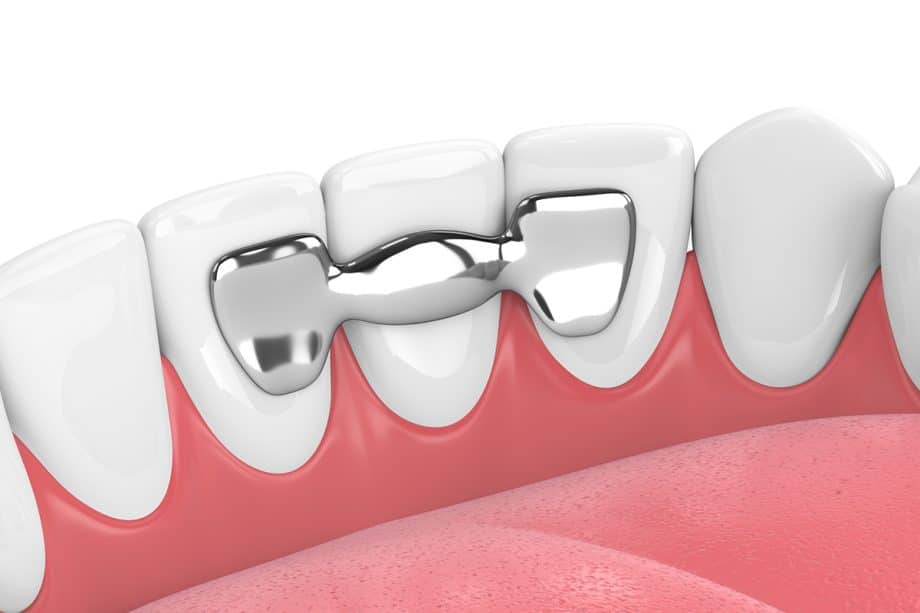If you have invested in a dental bridge, then commend yourself on taking steps to benefit your oral health. Replacing a missing tooth (or teeth) is incredibly important in order to keep the surrounding teeth from drifting too far and causing bigger issues.
Though before you make that investment, do you know how long you can expect your dental bridge to last? And what can you do to ensure you get the most out of it?
Here is everything you need to know.
What is a Dental Bridge?
A dental bridge is a type of replacement tooth that fills the gap between two teeth where one or more teeth are missing. They bridge the gap so to speak.
It is important to note that not all dental bridges are created equal as you will have different types and materials to choose from. These include those that use ceramics (porcelain), porcelain fused to metal, or metal alloys. With this type, the bridge is held in place by a crown on each side that is attached to the healthy anchor tooth.
Another popular option involves dental-implant-supported bridges. Rather than requiring you to have dental crowns cemented to healthy teeth, this type of bridge is held in place using two dental implants.
Finally, CEREC dental bridges can be created on the same day using special technology. In one visit, you can walk out with a highly functional dental bridge. Other types of dental bridges require you to wait while the bridge is custom-designed just for you by an outside lab - and this takes time. With CEREC bridges, the custom design is done right in the dental office.
How Long Do Dental Bridges Last?
On average, a dental bridge will last between 5 and 15 years before needing to be replaced.
Keep in mind this is in reference to the dental bridge itself, as well as dental crowns used on anchoring teeth. For bridges supported by dental implants, you can expect the implant itself to last well over 20 years. The attached bridge, however, will need to be replaced sooner.
Factors that Cause Dental Bridges to Fail
There are so many different reasons that could lead to the failure of a dental bridge. Though most often it is the result of normal wear and tear over time. A few other factors that may cause dental bridges to fail include:
- Bad habits, such as using your teeth to bite pen caps or open bottles.
- Eating the wrong things, such as very sticky foods - or very hard foods.
- Poor oral hygiene habits can lead to plaque buildup or decay.
- Investing in a dental bridge that is lacking in quality or is poorly placed.
How to Extend the Life of Your Dental Bridge
If you want to extend the life of your dental bridge, you can. It simply requires you to take exceptional care of it. This can be done by brushing thoroughly at least twice per day, flossing at least once per day, and visiting the dentist every 6 months for routine checkups and professional cleanings.
By taking these extra steps to ensure that your dental bridge is properly cared for, you can add years to its lifespan.
Dental Bridges at Stuart Prosthetic Dentistry
At Stuart Prosthetic Dentistry, we provide a variety of options for dental bridges, including traditional bridges, implant-supported bridges, and CEREC single-visit bridges. If you want to learn more or find out which one is right for you, contact us today at 772.286.1606. Or, request an appointment online.

